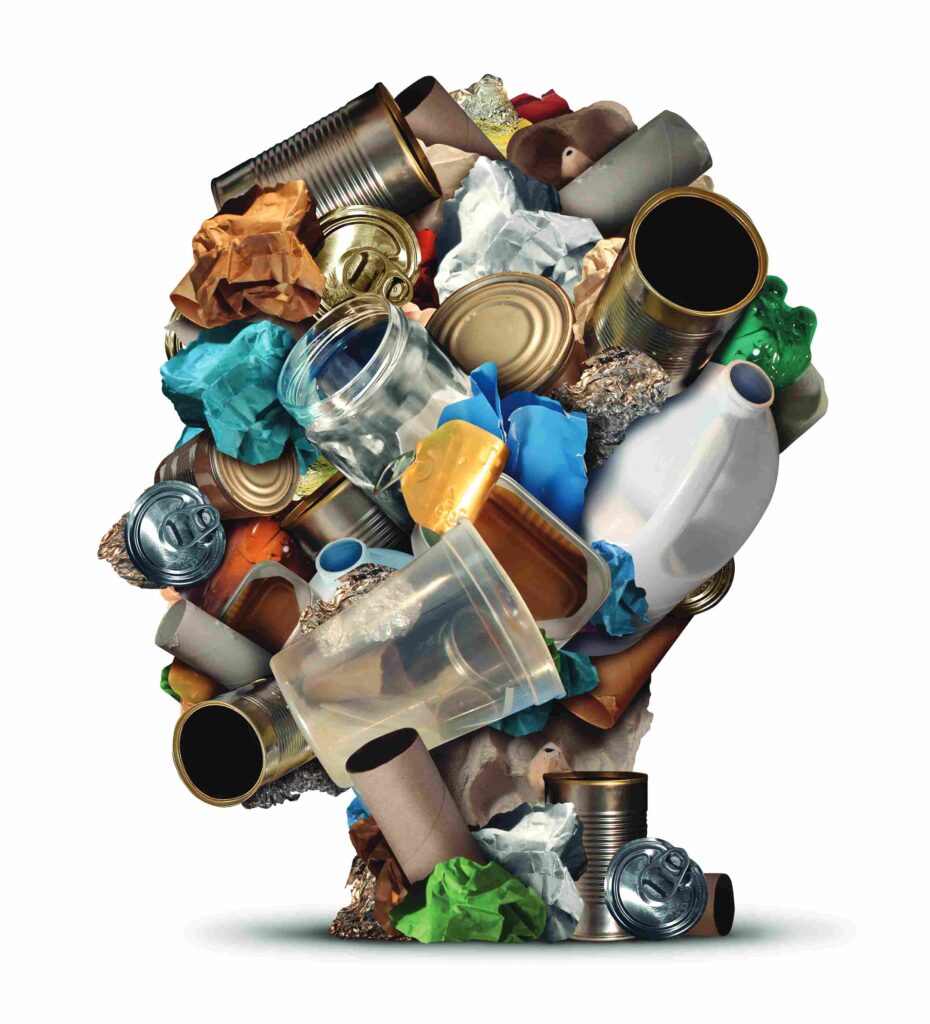
The growing pain point of plastic waste management is increasingly at the forefront of global sustainability conversations. With the plastic industry facing mounting pressure to adopt circular economy practices, innovative solutions and collaborative approaches are the need of the hour. At the Clean India Show 2024, two pivotal sessions delved into the role of eco-industrial parks and the circular economy in addressing plastic waste. The first session, “Sustainable Plastic Management: Mainstreaming Circularity in Eco-Industrial Parks,” explored how industrial parks can integrate circular economy principles to drive sustainability and resource efficiency in plastic management. The second session, “The Plastic Paradox: Challenges and Opportunities in a Growing Economy,” focused on the complexities surrounding plastic waste in India, discussing policy gaps, the role of Extended Producer Responsibility (EPR), and the potential for co-processing as a waste management solution. Together, these discussions highlighted the pressing need for collaborative solutions, innovation, and effective policy frameworks to pave the way for a circular economy in plastic management. Read further to seek the key insights from these sessions and the broader implications for the future of plastic waste management in India.
 CIJConnect Bot-enabled WhatsApp
CIJConnect Bot-enabled WhatsApp











